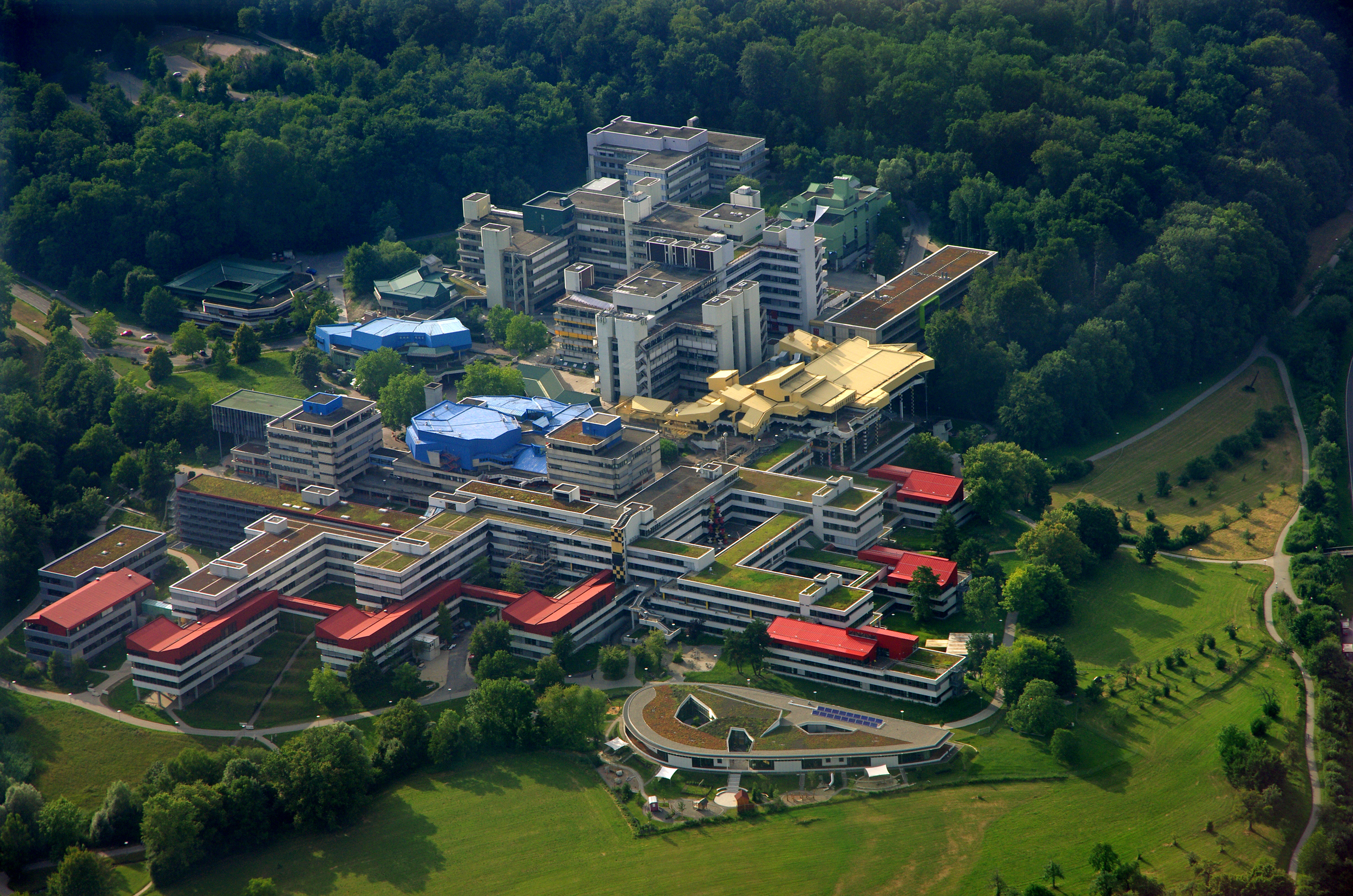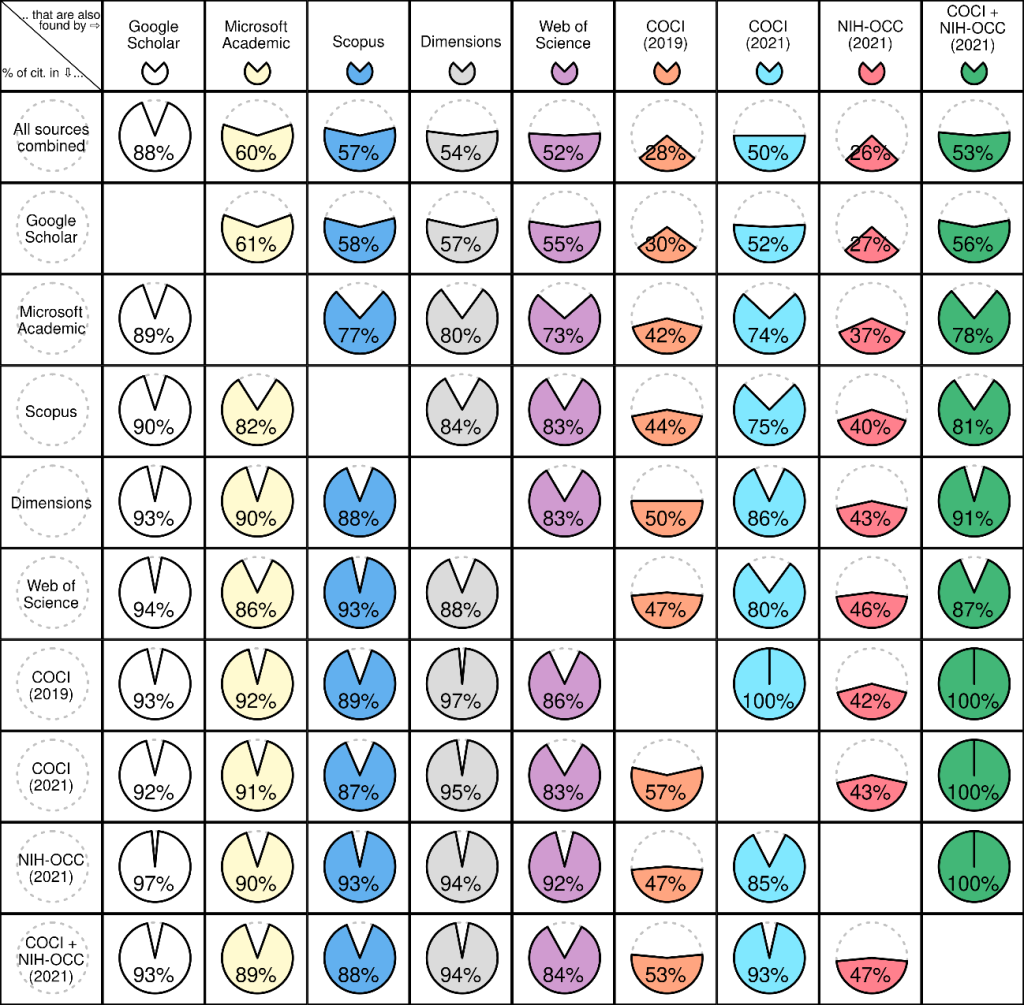
Do unskilled people actually underestimate their incompetence?

Do unskilled people actually underestimate their incompetence?

Want to keep yourself updated about the ongoing activities of OpenCitations? We have now publicly released the OpenCitations Roadmap, available on Trello.com: https://trello.com/b/RprHYoKL/opencitations The OpenCitations Roadmap consists of a board fulfilled with colour-labelled cards which present the goals so far reached, the present projects and activities, and the future plans.
The incentives for new OpenCitations innovative solutions Two years ago, in their canonical 2020 QSS paper on OpenCitations, Silvio Peroni and David Shotton anticipated the creation of the new database, OpenCitations Meta, able to “offer a faster and richer service” by storing bibliographic metadata “in house”. Meta would “ avoid duplication of data by efficiently permitting us to keep […] a single copy of the metadata for each of the
2021 is just behind us. Since January is “the Monday of the months”, as F. Scott Fitzgerald once wrote[1], it’s a good time to take stock of what happened at OpenCitations during the past year.

This post was first published on QWERTY: musings from the rabbit hole, a blog by Silvio Peroni A few months ago, I was invited to have a talk at the European Computer Science Symposium on an aspect of my research I particularly care about, that of open citations.

Es geschieht etwas in Sachen Openness in Deutschland. Konnten wir vor einigen Tagen die Open-Access-Policy für Kulturerbeinrichtungen in Hessen vermelden, so ist es heute eine Open-Science-Policy, die sich die Universität Konstanz unlängst gab. Wer sich mit Open Access etwas tiefer befasst, wird von diesem Schritt nicht überrascht sein.
“*What role does ‘open’ play in making this project special?”* This apparently easy, but not banal, question was asked in the Open Publishing Awards nomination form, and at OpenCitations we prefaced our answer to it by stating “For OpenCitations, ‘open’ is the crucial value and the final purpose.” We consider the free availability of bibliographic citation data to be a necessary condition for the establishment of an open knowledge graph, and

This week is International Open Access Week, and with the theme “It Matters How We Open Knowledge: Building Structural Equity”. This aims at highlighting the individual and collective action required alongside the decisions, actions, and investments in knowledge sharing to ensure that equity is foundational.

Guest blog post by Alberto Martín-Martín, Facultad de Comunicación y Documentación, Universidad de Granada, Spain <albertomartin@ugr.es> In this post, as a contribution to Open Access Week, Alberto Martín-Martín shares his comparative analysis of COCI and other sources of open citation data with those from subscription services, and comments on their relative coverage. Comprehensive bibliographic metadata is essential for the

More and more experts are calling for the broken and destructive academic journal system to be replaced with modern solutions. This post summarizes why and how this task can now be accomplished. It was first published in German on the blog of journalist Jan-Martin Wiarda. Front cover of the now-vanished Australasian Journal of Bone & Joint Medicine . Source: Scan from the-scientist.com website